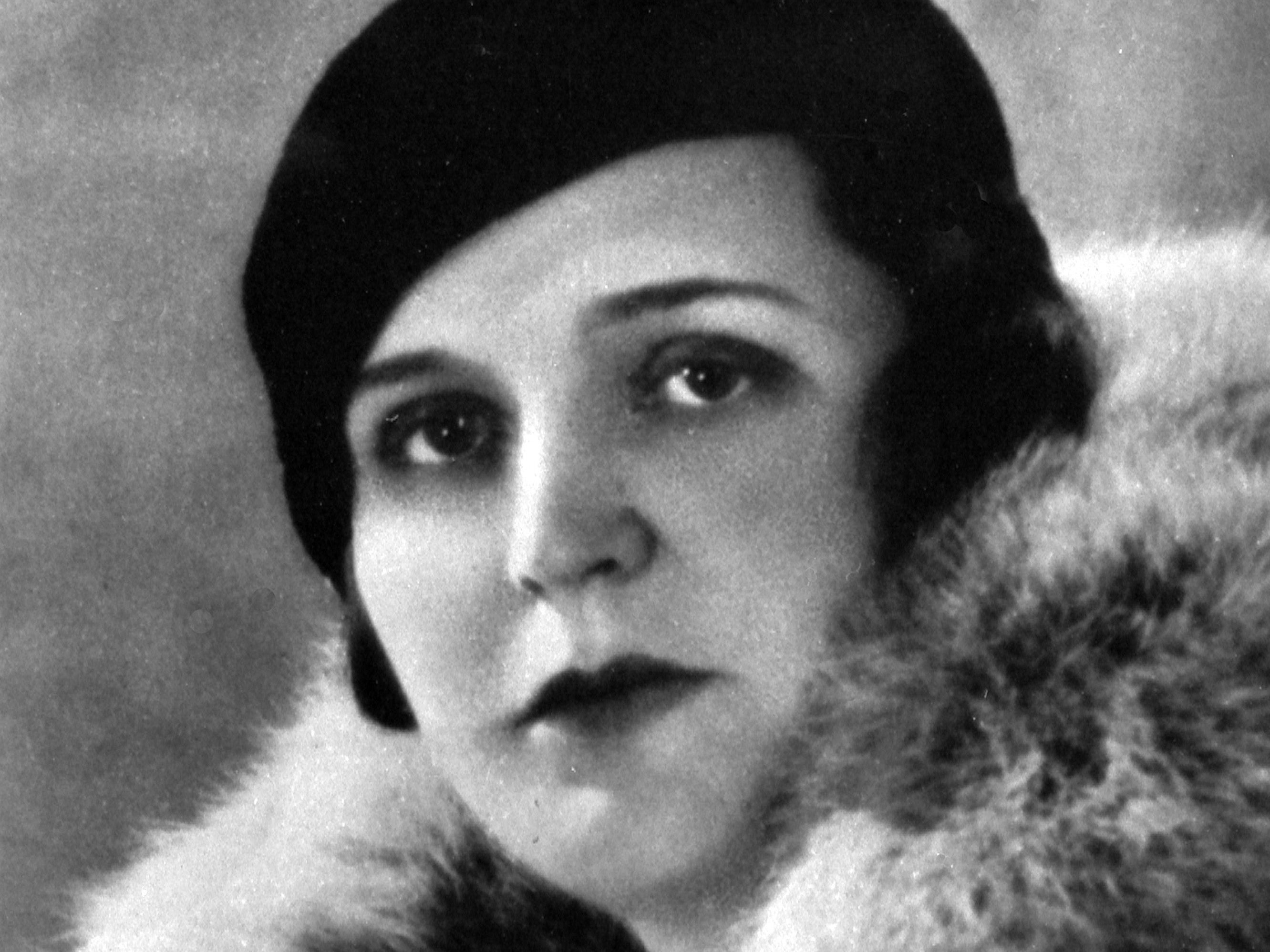
Never heard of the genre of piano concertos with male chorus? That’s not surprising, because the one written by Italian-German composer Ferruccio Busoni between 1902 and 1904 is the only concerto of its kind. Busoni, who spent most of his life in Berlin, was famous as a pianist, but he was also a composer, a teacher, a conductor, an arranger, an author and a musicologist. As well as leading a myriad lives simultaneously, he also composed that way: all-encompassing music, often sized XXL.
When Busoni wrote his concerto for piano with male chorus at the beginning of the 20th century, the Romantic era was still an audible presence, yet there were already signs of the new artistic freedoms emerging in Modernism. Finding himself at a turning-point charged with explosive creative forces, Busoni tested the limits of Romantic music without fully transgressing them. At the same time he drew deeply from the wellsprings of his extravagant fantasy, forming associations with sacred and man-made monuments from Greco-Roman, Egyptian and Babylonian antiquity, but also interpolating references to cypresses and volcanos from Italy's natural landscapes as intangible extramusical ideas into the concerto’s five movements. Does the listener need to hear all of this? No, this isn’t “programme music”, where narrative or descriptive content is depicted through purely musical means. Instead, the images can provide associative impulses for listening to and thinking about the music: bonus material for creating movies in your own head.
Even though this work of more than 70 minutes duration is one of the longest in the world of piano concertos – nearly the length of a feature film – it’s never dull, and is filled with surprises. The male chorus, for example, must wait patiently and silently through four movements before finally raising their voices in stirring praise of God in the concerto’s grand finale. In the score Busoni specifies that the chorus should be offstage, i.e. invisible, so that air itself seems to be singing, flooding the performance space with the sound of disembodied human voices. Musical wizardry!

Maurice Ravel’s “Boléro”: 7 facts about the world-famous work
A masterpiece, “unfortunately without music” was Ravel’s own judgement of his work. Discover 7 entertaining facts about the piece.

Princess or wallflower?
In the 1920s, Germaine Tailleferre stirred up the musical life of France as a member of the composers’ collective “Les Six”, yet she still fell into neglect. Here is a portrait of her turbulent life.

The Networkers
In the late 19th and early 20th centuries, Russian composers pursued connections with the Western musical world, often as a response to the impending revolution, but also motivated by curiosity and a desire for intercultural dialogue.